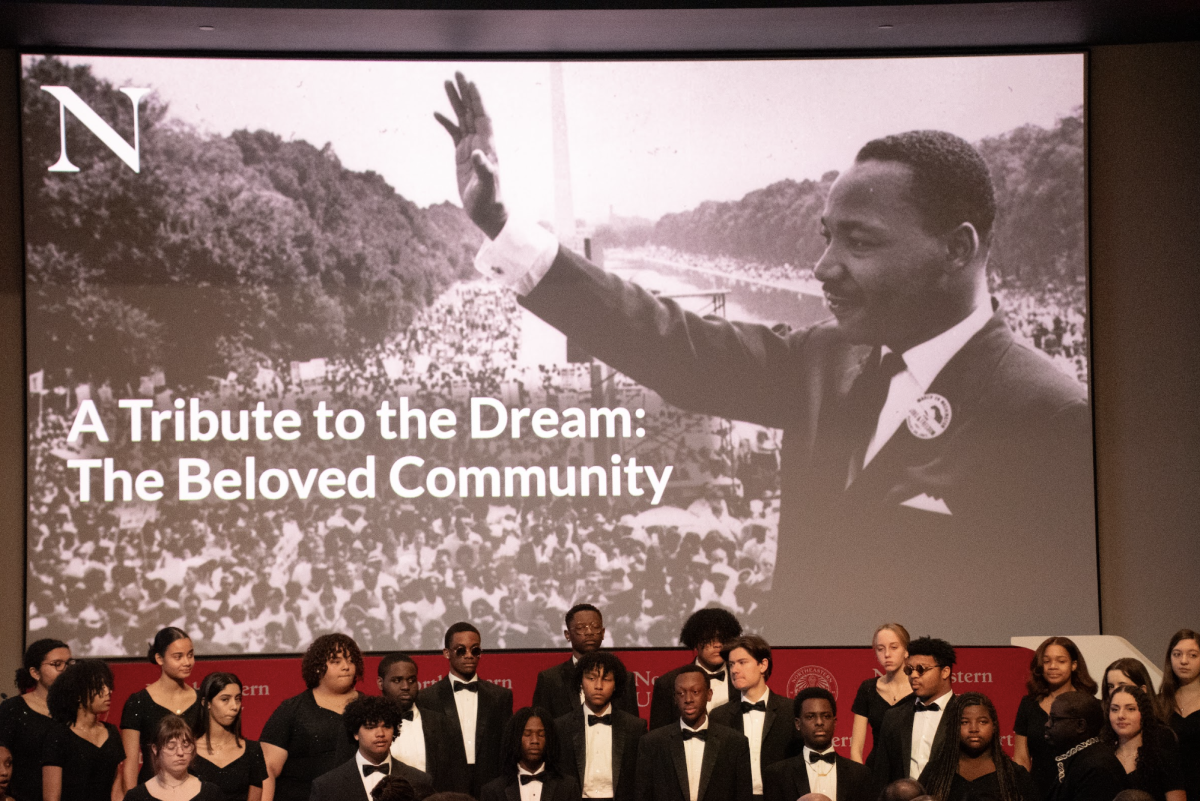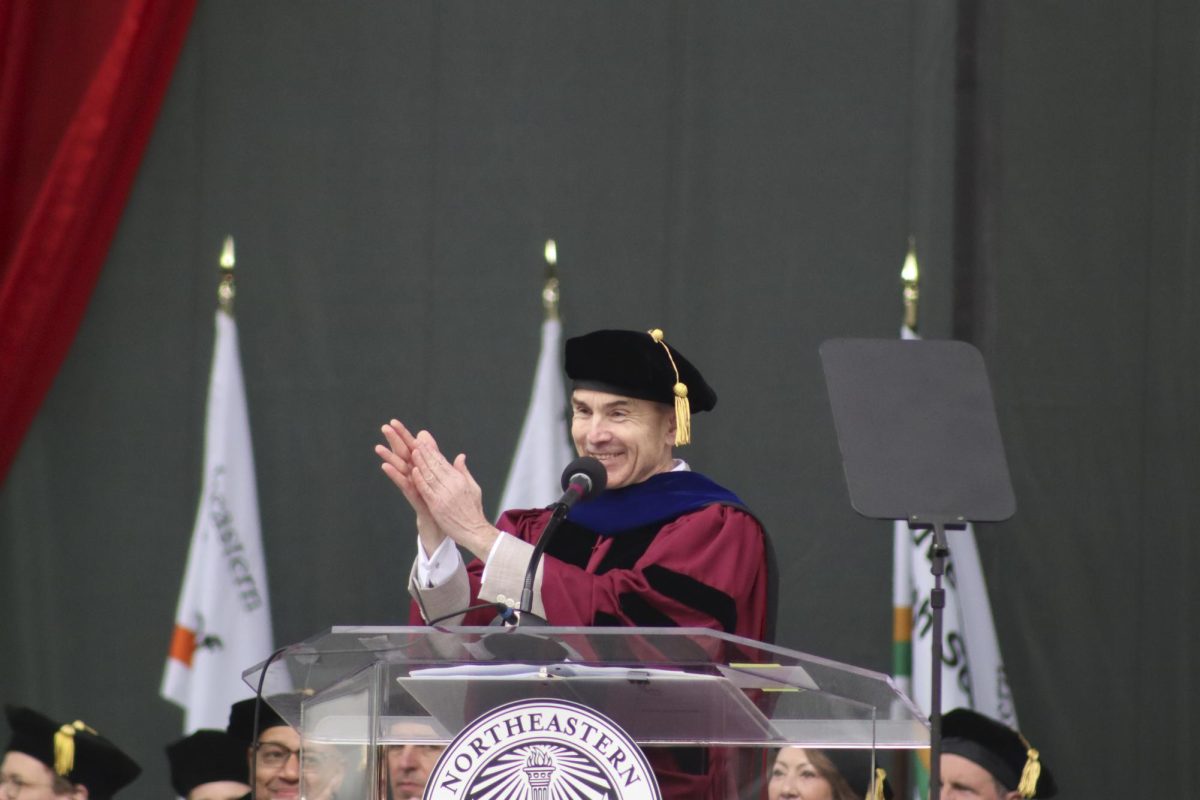By Taylor Adams, News Staff
That ‘The Baader Meinhof Complex’ opens with Janis Joplin’s spirited and ironic rendition of the consumerist anthem ‘Mercedes Benz’ is strangely fitting. Not just because this film tackles the political ideologies of capitalism, communism and how they fit into flawed societies, but also because it is a film of rebellion, and the anger of youth ‘- something that Joplin and other ’60s rock greats embodied in this country.
But the film, which follows the true story of the German Red Army Faction (RAF), is about a lot of other things, too. One of them is terrorism, and for a film that was released in the area on Sept. 11, that is pretty edgy.
RAF was a group of urban guerrillas that carried out bombings, kidnappings and assassinations, which they considered armed resistance, for the sake of promoting communist ideals. Formed in the late ’60s, the group was most active during the ’70s, during which the bulk of ‘The Baader Meinhof Complex’ takes place.’
The film follows several prominent RAF members as they carry out terrorist attacks and generally wreak havoc throughout their country.
But the film is not necessarily sympathetic to RAF ringleaders Andreas Baader (Moritz Bleibtreu), Gudrun Ensslin (Johanna Wokalek), and the progressive journalist, Ulrike Meinhof (Martina Gedeck), who eventually put her theories into action by joining the group.
The film initially romanticizes these figures, basking in their flippant, irrelevant need to fight against a system that is repressive. It is stylistic, sexy and idealistic. It appears, for a time, that the filmmakers have thrown their support completely behind the RAF gang.
Here, the RAF is cast as a reaction of the German youth to the fascist history of their country. Whether their parents were complacent during the dominance of the Nazi party three decades earlier or were actually a part of that regime, the RAF members struggle to distance themselves from those ideals.
But despite the anti-Nazi sentiment, this is no ‘Inglourious Basterds.’ The gritty ultraviolence is there, but it’s a whole different kind of grit ‘- one fully immersed in the politics that Tarantino’s film avoids.
As the rebellion continues and the ill-conceived, even immature actions of its participants begin leading to death and capture for many of the members, it becomes clear that the once-protagonists have brought their ideology further than it was meant to go. The political complexity of reality, where no idea is completely correct or innocent, becomes apparent.
The film then begins to turn on them, invariably bringing the audience’s opinion with it. Regardless of where one stands on the themes, this is where the film’s storytelling begins to lose its focus.
At over two and a half hours, it could have been split into two full-length features. Maybe this wouldn’t have been a bad thing ‘- the film’s first half is overly sympathetic to RAF and to the plight of the German youth, while the second seems to condemn their staunch idealism as part of the problem, and systematically tears down any emotional connection that the viewer may have had towards the characters.
It seems as if this was done to offer a sort of thematic balance. Even as the captured RAF members are held in cruel and psychologically manipulative conditions, the increasingly violent responses of the terrorists destroy any credibility that they may have had as freedom fighters.
These contradictions keep the film from offering much of a political commentary. But as a portrait of the act and consequences of rebellion itself, ‘Baader Meinhof’ shines. Humanity and society both get plenty of face time here, and almost none of it is positive. If there is a completely clear message here, it is that there are few situations in life that are black and white.








